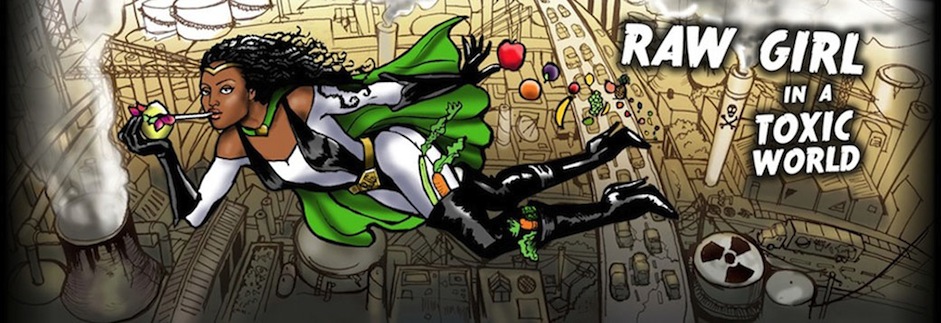What’s in your cup this morning? Caffeine may be widely accepted in our fast paced society, but it is classified as a drug. That’s because caffeine stimulates the sympathetic nervous system and increases blood pressure, heart rate, respiration, kidney function, amount of stomach acid, gastrointestinal function, and brain activity. Overconsumption of caffeine can lead to heart problems, anxiety, inflammation in the stomach and intestines, irritability, and insomnia. Caffeine also depletes minerals and blocks proper absorption of essential nutrients like calcium and iron which can later lead to osteoporosis, anemia etc. And caffeine is bad news for hormonal balance. When our adrenal glands are in overdrive, the body will use progesterone to support cortisol production, which can lead to estrogen dominance.
Here’s the thing – your genetics will determine whether or not you can handle larger doses of caffeine. I’ve had clients from certain cultures that can mainline coffee a few times a day and be perfectly fine. So it’s important you listen to your body and indulge with moderation.
If you can’t make the break up with coffee official, drink your coffee in the morning. Blood levels of cortisol are naturally high in the morning and fall throughout the day, so drinking coffee, which also increases your cortisol levels, will follow the body’s natural rhythm. Also be mindful that caffeine has a ½ life of at least 5-6 hours. So if you get into 500 mg of caffeine at 4 pm, you still have 250 mg active around 10 pm which could interfere with your sleep. Here are some alternatives when you want to reach for a cup of joe: matcha, yerba mate, rooibos African teas, dandy blend, kombucha, or green juice and smoothies (with spirulina for an extra energy boost!) -XO






